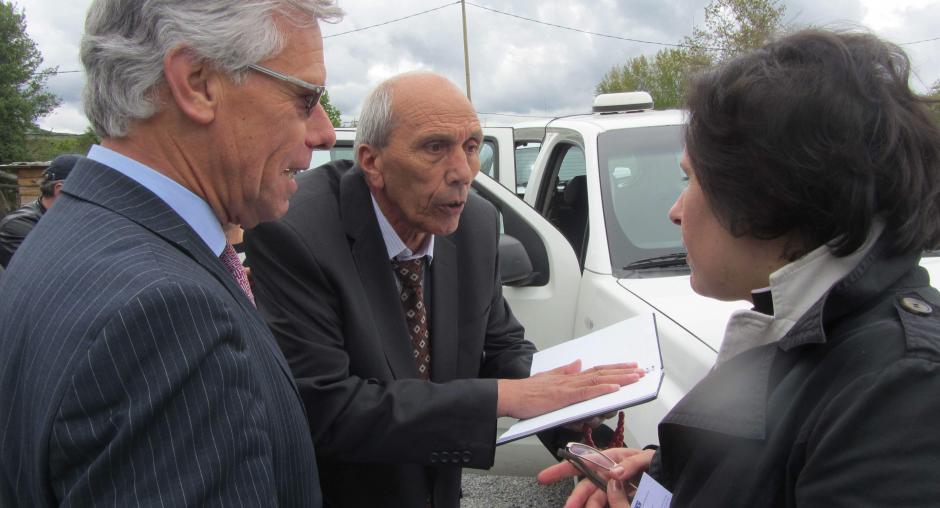Addressing the past is vital for prevention of future conflict, says OSCE High Commissioner on National Minorities in Kosovo

OSCE High Commissioner on National Minorities Knut Vollebaek visited Kosovo between 21 and 24 May 2012 to assess the security situation in the north and to discuss language and education challenges, among other issues.
In particular, he encouraged the local and international authorities to ensure that the formal guarantees acquired for all Kosovo communities are effectively implemented and can be sustained in the long term. He also recommended increasing the opportunities for Kosovo communities to learn both official languages and strengthening the protection of language rights as a way to address the challenges of cultural diversity. Finally, he urged the Kosovo institutions and civil society to work towards the sustainable protection of the cultural heritage.
During his trip, Ambassador Vollebaek had several meetings with representatives of Kosovo institutions, including Prime Minister Hashim Thaçi, Interior Minister Bajram Rexhepi and Education Science and Technology Minister Ramë Buja. He also had discussions with representatives of the Kosovo Assembly Committee on the rights and interests of communities, senior representatives of the international community and relevant non-governmental organizations. In addition, he met Father Sava of the Serbian Orthodox Church and representatives of non-majority communities. Vollebaek also visited Prishtinë/Priština, Dragash/Dragaš, Mitrovicë/Mitrovica, Prizren and Gračanica/Graçanicë.
On 22 May, Vollebaek delivered a keynote speech at a conference on “Dealing with the Past and Reconciliation – What kind of truth-seeking mechanism does Kosovo need?” He spoke about how dealing with the past is a tool in conflict prevention, and highlighted the dangers inherent in not resolving past issues adequately.
“[R]ebuilding a society not only requires restoration of the rule of law and the ending of impunity, it must also include the rehabilitation of victims. If this is not addressed, the victims of the past might become the perpetrators of tomorrow,” Vollebaek said.
The full text of Vollebaek’s speech is available at: //www.osce.org/hcnm/90784
